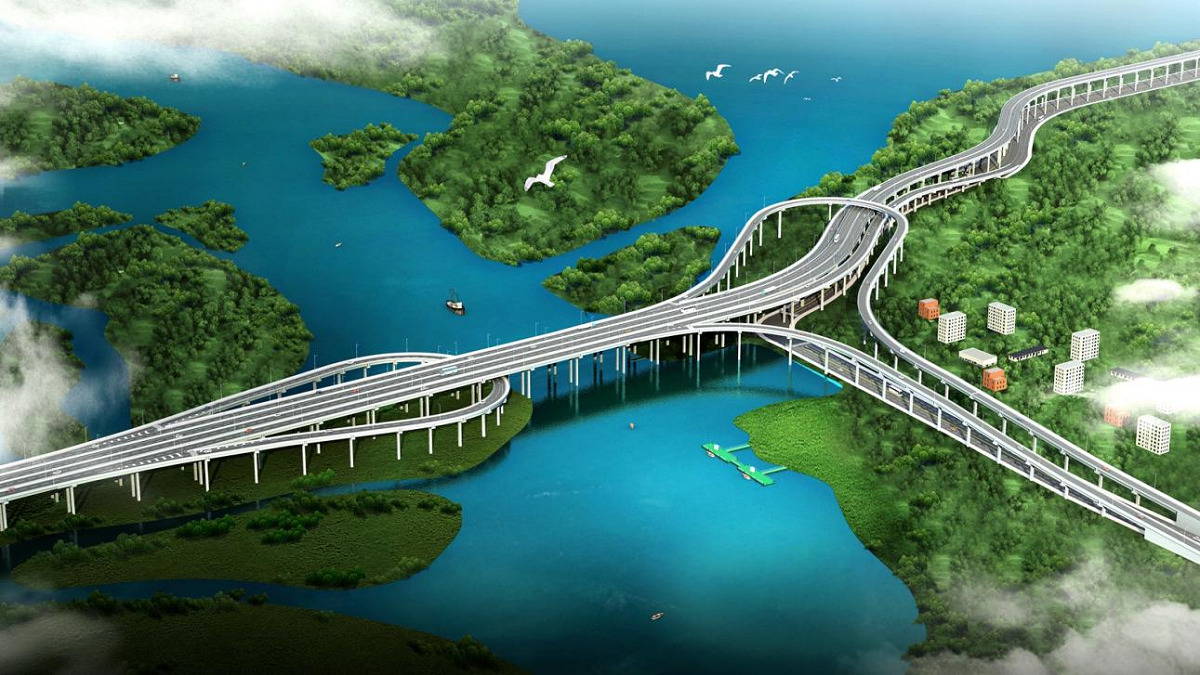The cost of the Dhaka-Ashulia Elevated Expressway is set to rise further, with the Bridges Division seeking an additional Tk 5.16 billion, bringing the total projected cost to Tk 180.69 billion.
This new funding request comes just two years after the project’s budget was revised to Tk 175.53 billion.
The project, which aims to connect Hazrat Shahjalal International Airport with Abdullahpur, Ashulia, Baipail, and Dhaka EPZ, is designed to improve access to 30 surrounding districts and ease industrial congestion. However, officials from the Planning Commission have confirmed that the original plan, approved in 2017, did not allocate sufficient funds for land acquisition, prompting the current financial shortfall.
In a recent letter to the Planning Commission, the Bridges Division warned that work on a critical 9-km stretch could stall without immediate funding, risking penalty claims from the project’s contractor under the terms of the construction agreement.
Originally approved by the Executive Committee of the National Economic Council (ECNEC) at Tk 169.01 billion, the expressway was scheduled for completion by June 2022. But delays in initiating construction pushed the deadline to June 2026. The project is partially financed through Chinese loans amounting to Tk 96.92 billion.
Despite the revised timeline and budget, progress remains slow. A recent Implementation Monitoring and Evaluation Division (IMED) report found that physical completion stands at just 68 per cent, with only 55.06 per cent of funds utilised. The report warned that the remaining work is unlikely to finish on time.
A major obstacle has been the relocation of utility lines. The IMED report criticised the Bangladesh Bridge Authority (BBA) for allowing construction to proceed before completing utility shifts, resulting in repeated work stoppages across key areas such as Ashulia, Baipail, and Nabinagar. These disruptions have delayed piling, foundation work, and ramp construction.
Additionally, the IMED pointed to flaws in the project’s initial feasibility study conducted by the Bangladesh University of Engineering and Technology (BUET), which failed to identify the location of underground and overhead utilities properly. This inadequate mapping has complicated efforts to clear construction zones.










